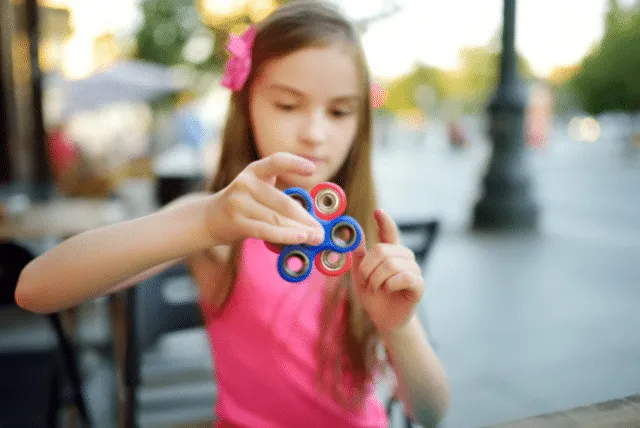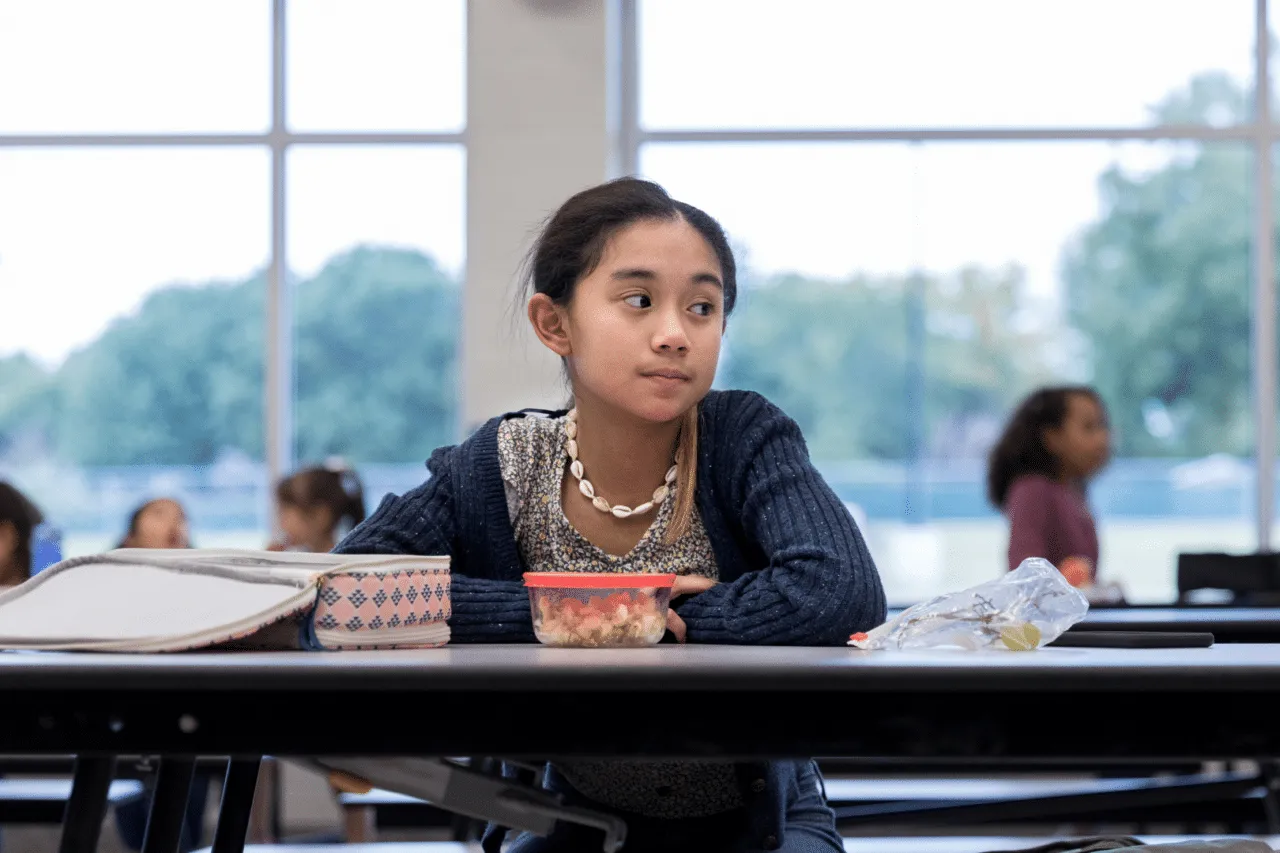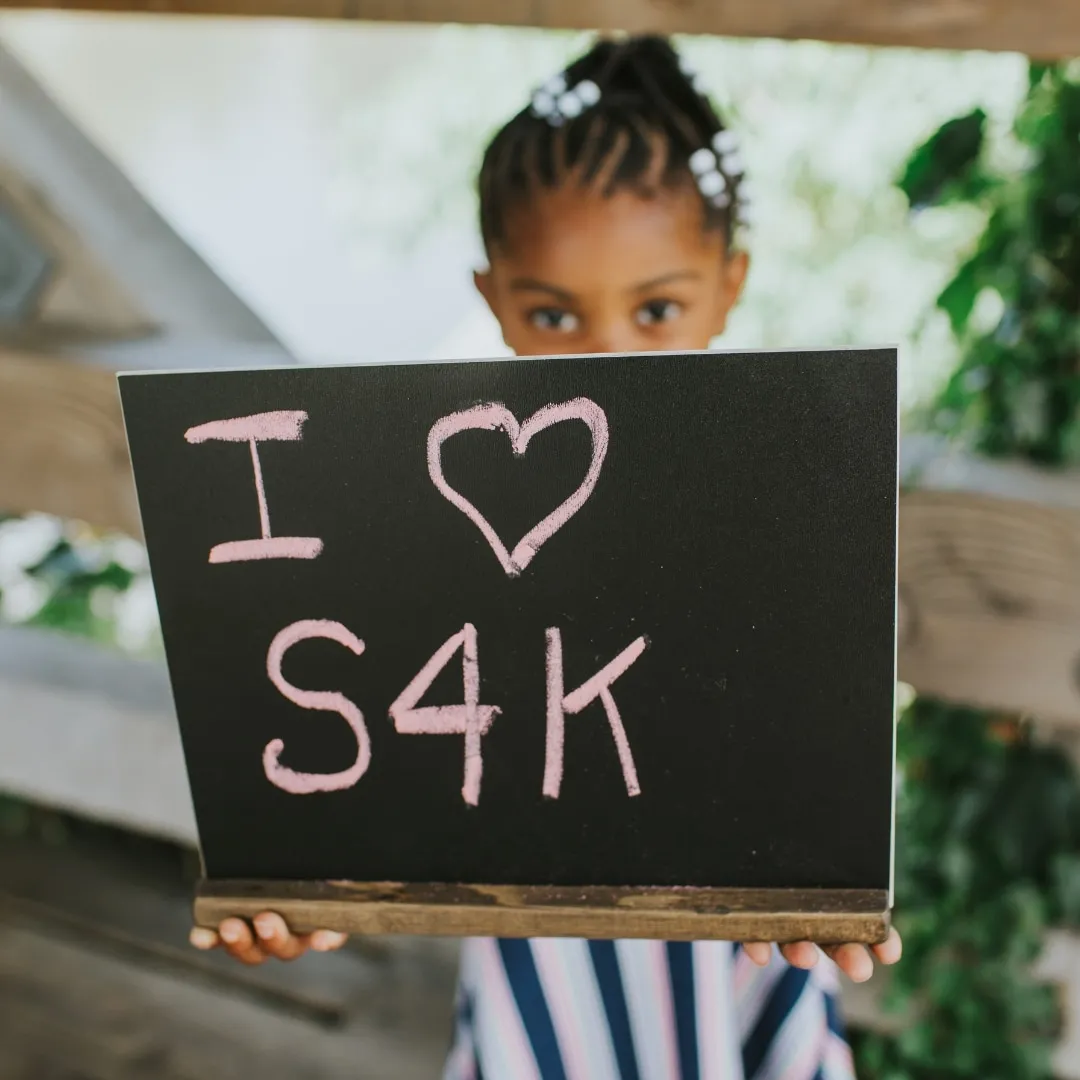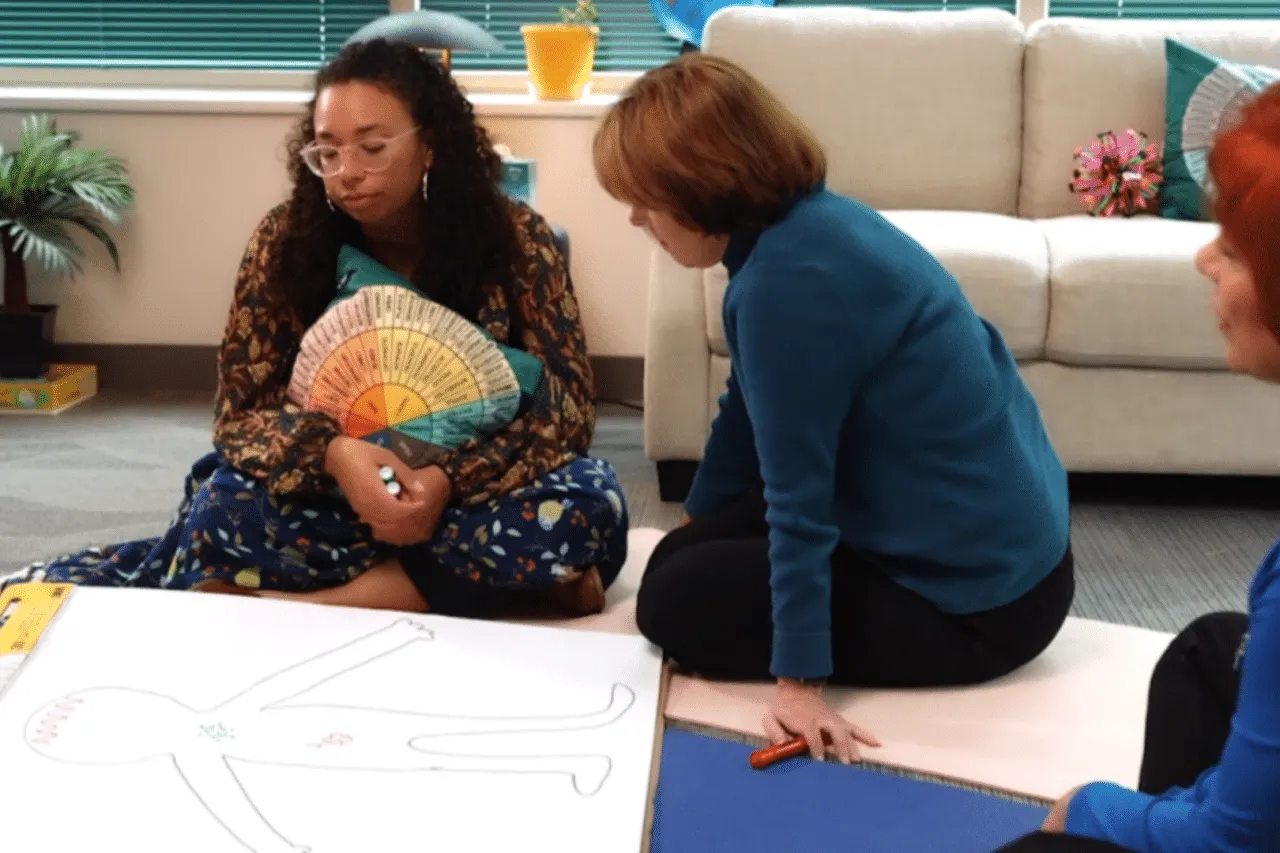Back to School: 3 Important Tips on Parenting Children with ADHD
Back to School: 3 Important Tips on Parenting Children with ADHD

By Julie Bulitt, LCSW-C
These are tough times for all of us. Many families are struggling to make ends meet. People are trying to figure out if the pandemic is over. Single parents are forced to balance and juggle careers with the pressures of full-time parenting. Even more traditional families face challenges on many fronts, financially and otherwise.
For those of us who are raising children with attention deficit hyperactivity disorder (‘ADHD’), learning disabilities and other challenges, these struggles are even more acute. Our kids lose their homework and are constantly walking uphill academically; they have complicated and problematic relationships with their peers; life at home has more flips and flops than a boardwalk roller coaster. Technology, while wonderful, can also be a source of conflict. How much and how often?
I am a mother of one of these whirling dervishes myself. I also work with challenging kids and their families in my practice as an ADHD Coach. Trust me when I tell you, as overwhelming as things seem sometimes, all is not lost.
As your kids get back into the swing of the school year, there are three important areas that you can focus your energies to help your child find some successes:
1. Set your Child up for Success at School: Be proactive!
As parents, we sometimes want to see if this year at school will be different. Don’t take the wait and see attitude. Go in before school starts, preferably in the summer, and request the kind of teacher you feel your child needs.
Make sure that the school and teachers are aware of any informal or formal accommodations your child has had in the past or that you think may help them. As a parent of an ADHD/LD kid, you cannot do it all. You need to get everyone on board including teachers, guidance counselors and principals.
Ultimately you must make your child the focal point of their success. Work with your child to resolve and work together toward practical and realistic solutions.
In order to get your child invested in her successes, provide positive support and rewards for better behavior and accomplishments, no matter how small those accomplishments may seem to the average bear.
Make notes and discuss with your child when she fails to perform the required task or complete an assignment, but don’t spend the day berating her for it. Talk about ways to improve and provide real and immediate incentives for success.
Have your child state her desires and help her see the steps to getting there. If it helps reduce conflicts, have someone other than you help your child establish goals and an action plan. This can be anyone that cares -an aunt, uncle, grandparent, neighbor, friend, therapist, or coach, to name a few.
2. Think Past the School Day: School may always be difficult for some children.
That is why making sure they experience success in other areas is essential. Involvement in structured, supported activities and clubs is a great way for kids to get the social interaction they need and deserve, without leaving them to their own devices.
Children with ADHD may get bored faster and not know how to end social situations positively. That is what makes the structure so beneficial. Think about starting a book club or card game night.
In addition, exercising and maintaining a healthy diet (important for us all) is critical for ADHD/LD children. Many kids are apt to rush in the mornings and skip meals during the day. As the day flies past, they often binge on processed and unhealthy snack foods, usually loaded with sugar and carbohydrates. Be sure your child eats a healthy breakfast and packs healthy, tasty snacks.
Keep granola bars, fruit, and protein shakes within easy reach as they are quick and nutritious. You don’t have to get rid of all the other foods. Keep some around as a special treat or reward for having done something positive! But do try to make sure your child sits down and has a well-rounded meal at dinner u2013 it is not the size of the meal that is important, it’s the content.
Children with ADHD also need regular exercise to burn all of that extra energy – you know, the energy that makes the rest of the family want to scream. Whether it is a team sport, going for a run or even playing with the dog, regular and consistent daily exercise is a must.
Many studies show that exercise has a positive impact on attention and mood issues. Finally, if your child takes medication make sure it’s doing a good job! Have a new evaluation done at least every 3-6 months.
3. Be a Coach: Children with ADHD/LD issues do not have the skills, yet other kids have in order to organize and manage their days.
While others flit through the day appearing to be without a care, your child not only cannot remember his locker combination, but he also can’t even figure out where the locker is located. Homework might be done, but it is lost. Projects are left incomplete or forgotten.
You must, must, must become his Coach. Help him find his way. Map out his day and help him to achieve daily successes. Not only does this require you to review his responsibilities in advance, but it also requires you to serve as a regular intermediary with teachers.
Some strategies might include: communicating clearly and regularly about your child’s needs, working with your child every day on his planner, making use of a ‘launch pad’ each night to prepare for the next day, using a notebook of systems and behavioral contracts, keeping on top of due dates and each teacher’s ‘late work’ policy, determining if work can be turned in electronically and supporting your child in locating a mentor or ‘study buddy.’
Always remember that ‘hope is the parent of faith.’ Maintain both of those qualities while applying the strategies discussed in this article and you can help your child find success.
Written by Julie Bulitt, LCSW-C, C.A.S.E. Clinical Supervisor
Julie works with her husband, a divorce lawyer, writing, coaching, and lecturing on couples’ relationships. Their award-winning book, The Five Core Conversations for Couples, was published in 2020. She maintains her own private practice working primarily with children and adults who have ADHD. To learn more about Julie and the services she provides, visit www.livesane.com and www.thebulitts.com













